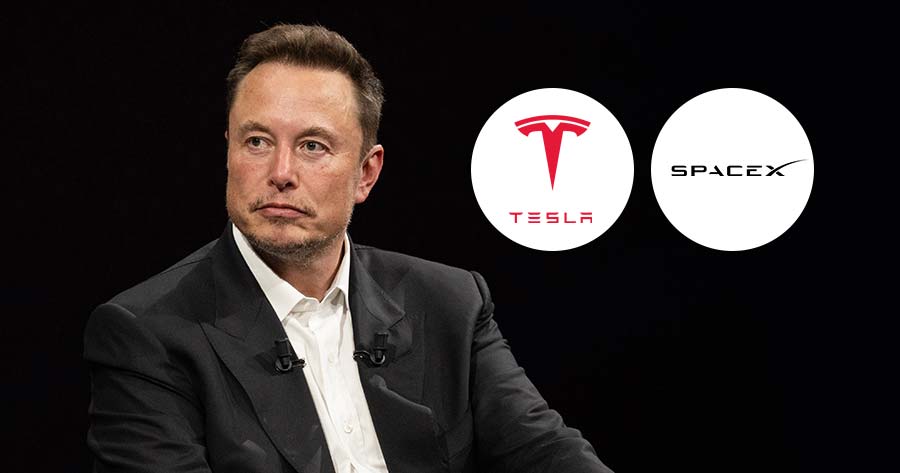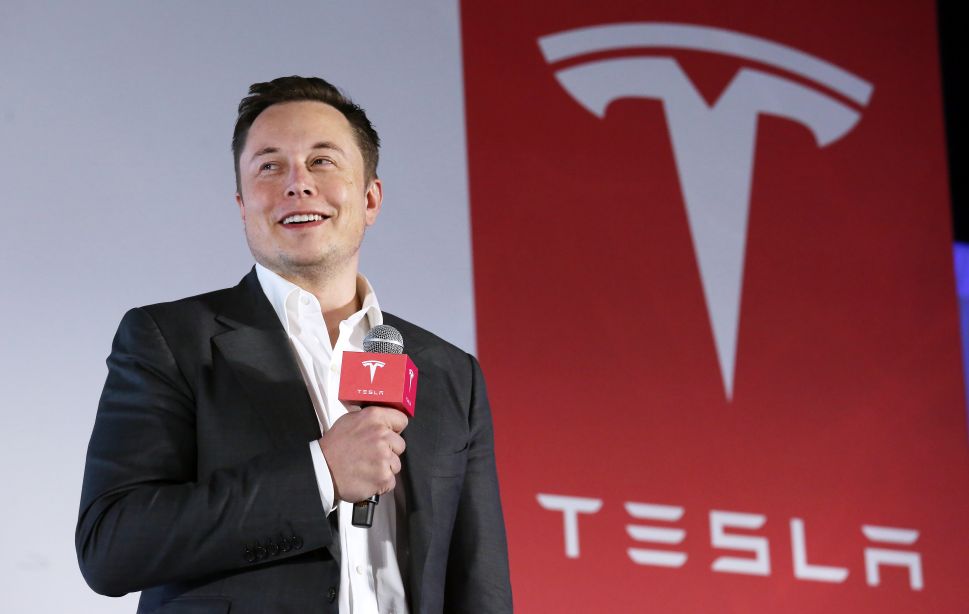Lead – A Billionaire’s New Frontier
In September 2025, Tesla’s board presented a jaw-dropping new compensation proposal for CEO Elon Musk—one so vast that it could potentially make him the world’s first trillionaire. Valued at up to $1 trillion and tied to an array of unprecedented performance targets, the tenure-defining package has sparked a fierce debate: is this bold incentive genius or a governance overreach?

Details of the Trillion-Dollar Proposal
The compensation plan, revealed through regulatory filings and media reports, hinges entirely on performance. Musk may receive approximately 423.7 million restricted Tesla shares, equivalent to about 12% of the company, but only if Tesla’s market value soars from roughly $1.1 trillion to $8.5–8.6 trillion over a decade
The scheme is structured into 12 tranches, each tied to escalating milestones: starting with a $2 trillion valuation and culminating in $8.5 trillion, paired with ambitious operational objectives like:

Delivering 20 million vehicles total
Achieving 10 million paid Full Self-Driving subscriptions
Producing 1 million Optimus AI bots
Deploying 1 million commercial robotaxis
Formulating a long-term CEO succession plan for the final tranches
The payout is performance-based—no salary or cash bonuses—and vests over 7.5 to 10 years, contingent on Musk maintaining an executive role at Tesla

Context & Legal Backdrop: A New Play on Old Ground
This isn’t the first time Tesla has dangled an eye-popping pay package. A previous 2018 deal, valued at about $56 billion, was invalidated by a Delaware court due to concerns over board independence and procedural fairness In response, Tesla reincorporated in Texas, whose stricter 3% ownership threshold for lawsuits shields the company from many shareholder challenges—making this new proposal legally and structurally more defensible
The package emphasizes retention of Musk, described by the board as “visionary,” despite controversies surrounding his political activities, divided attention across ventures, and declining sales
Financial Stakes & Shareholder Implications
If fully realized, the share awards could catapult Musk’s net worth into the trillions—far beyond his current estimated $378–436 billion
Tesla’s equity would dilute, increasing Musk’s ownership and voting power—potentially exceeding25% ownership and ~29% voting control Investor confidence nudged the stock upward around 3–5% upon the announcement, but concerns about executive overreach and ethical governance persist
Perspectives: Board Confidence vs. Critics’ Alarm
Supporters argue this aligns Musk’s interests directly with Tesla’s transformative agenda—robotics, AI, autonomous transport—and rewards proven performance with heightened incentives . Analysts like Wedbush’s Dan Ives see it as critical to retaining leadership through Tesla’s next phase
Nevertheless, critics raise serious governance red flags:
The sheer magnitude—$1 trillion—may be excessive even for a high-performing CEO.
Increased control by one person can erode checks and balances.
Performance targets, while bold, may be unrealistic given Tesla’s current challenges, including competitive pressure and declining European sales.

Looking Ahead: The Shareholder Vote and Tesla’s Future
Tesla shareholders will vote on this package at theNovember 6, 2025 annual meeting in Texas—where the company’s favorable legal environment could further tilt toward approval

If passed and all milestones are met, this deal could not only rewrite the record books for executive compensation—but also reshape Musk’s influence across Tesla and beyond.

Conclusion – A Defining Moment for Tesla, Musk, and Corporate Pay
Tesla’s proposed pay package is unmistakably bold. It reflects both extraordinary ambition and unparalleled controversy. For Elon Musk, it offers the potential to become the world’s first trillionaire; for Tesla, it bets the company’s future on his singular leadership.
But the stakes are equally high: shareholders must weigh transformative potential against governance safeguards. If this deal succeeds, it could herald an era of hyper-incentivized innovation. If it fails, it may serve as a cautionary tale of power, unchecked ambition, and diluted democracy in corporate America.

